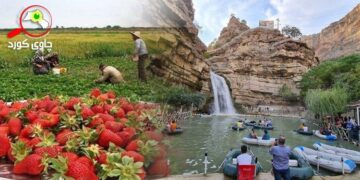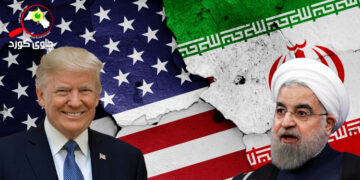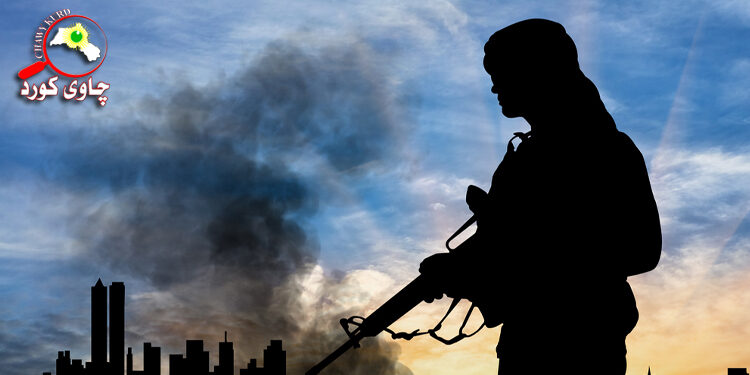Providing legitimate sources to Isis
What differentiates Isis structural and political characteristics from the common terms of the fourth wave of terrorism is the social basis, the modes of legitimacy that gives to social action, and social structure and political goals.
The organization planned to make fundamental and comprehensive modifications at all cultural and social levels. This was similar to ideological revolutions such as the Soviet communist revolution and it comes at a time when there has given little attention to the arrangements and structure of the group’s government. In the detail of this piece of writing appears how the organization was trying to reunite itself with modern pressures to gain legitimacy. In this regard, formations of the new wave clearly show us how the power has been shared and advanced at a wide level. For example, the Isis organizational structure is designed as a pyramid strategy; the caliph is at top of the pyramid and directly monitors all the councils. Moreover, the councils of Advisory, the council of Ahil al Hal Wal Akid (Solving and Evaluation Council), Legislative Commission, Media Commission, Group’s Income, Military Council, Security Council, and Administration Division are significant basis of the organization.
The power of law and political-security management
The Isis’s government owned an organized legal structure that was integrated with totalitarian government law. Isis law, as totalitarian law, listened to every common law and demanded formation of justice on earth. When Baghdadi declared the “Islamic Caliphate”, he emphasized rule of law and strengthening the law. They established Islamic courts, and beside it they published legal evidence of crimes and punishments. The legal evidence depends on 32 fatwas. The fatwas included a common wave of affairs. For example tax, behavior with prisoners, clothing, business activities and even tourism activities were among the points discussed. Additionally, all of these rules in political and social aspects were imposed on all individuals. The group, above the legal structure, also paid countless consideration to security and information services, which these are characteristic of modern states. Dabiq’s number six shows that the group has a huge ability in information and security affairs, which their security system has been able to stop many of their enemy attacks.
Well-being, Cultural and Social Management of Isis
In addition to political and military administration and emphasis on order and security, a facilitation of service is the main focus of the Isis strategy. Isis in strategic areas under his control has invested entrepreneurship and humanitarian aid. In urban areas, the basic services such as electricity, water, and roads was their priority. Even they organized industrial projects such as the industrial bread factory and the electricity production institution in several places. In addition to these services, they provided postal services and health care for children and elderlies.



























































